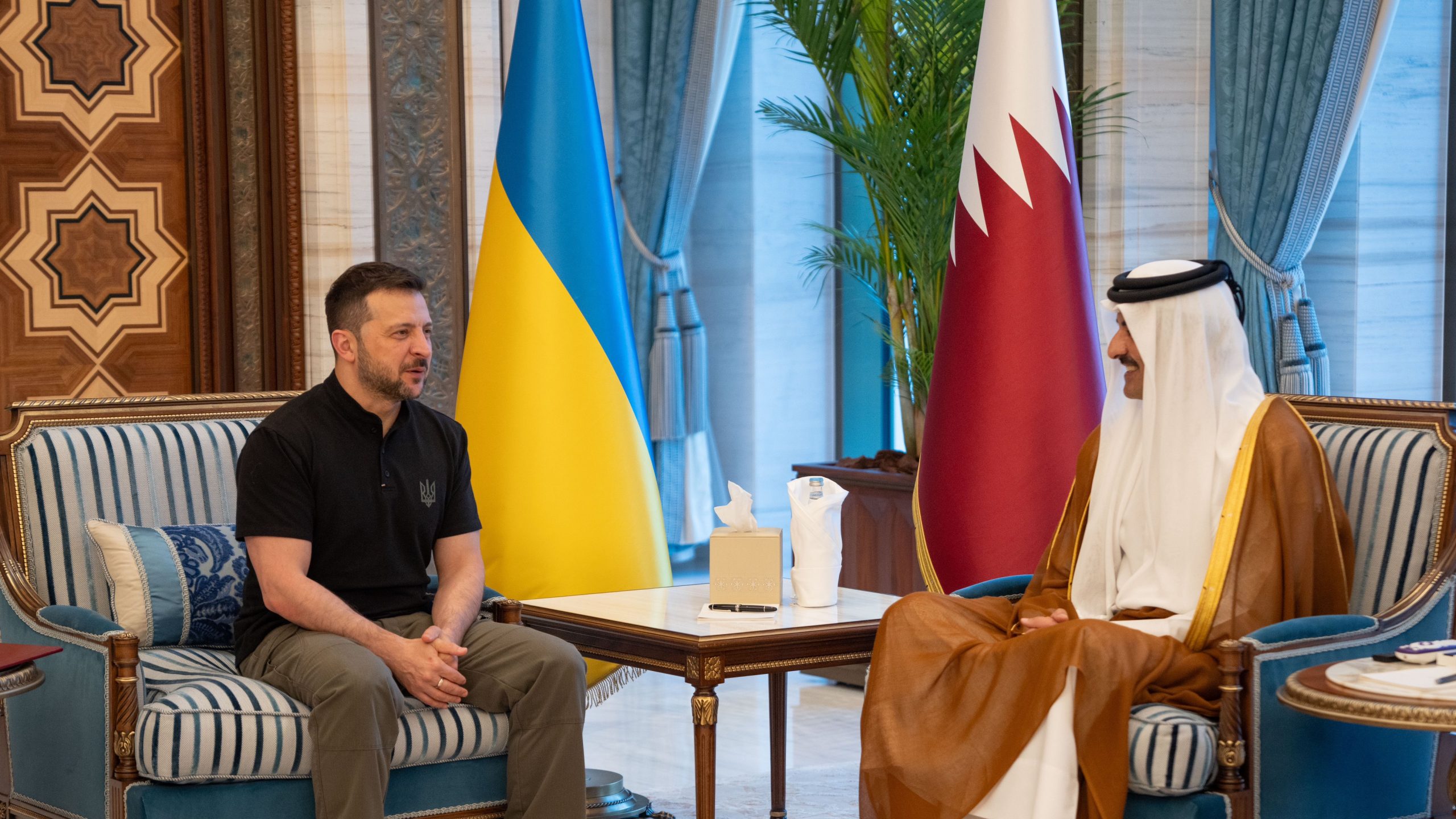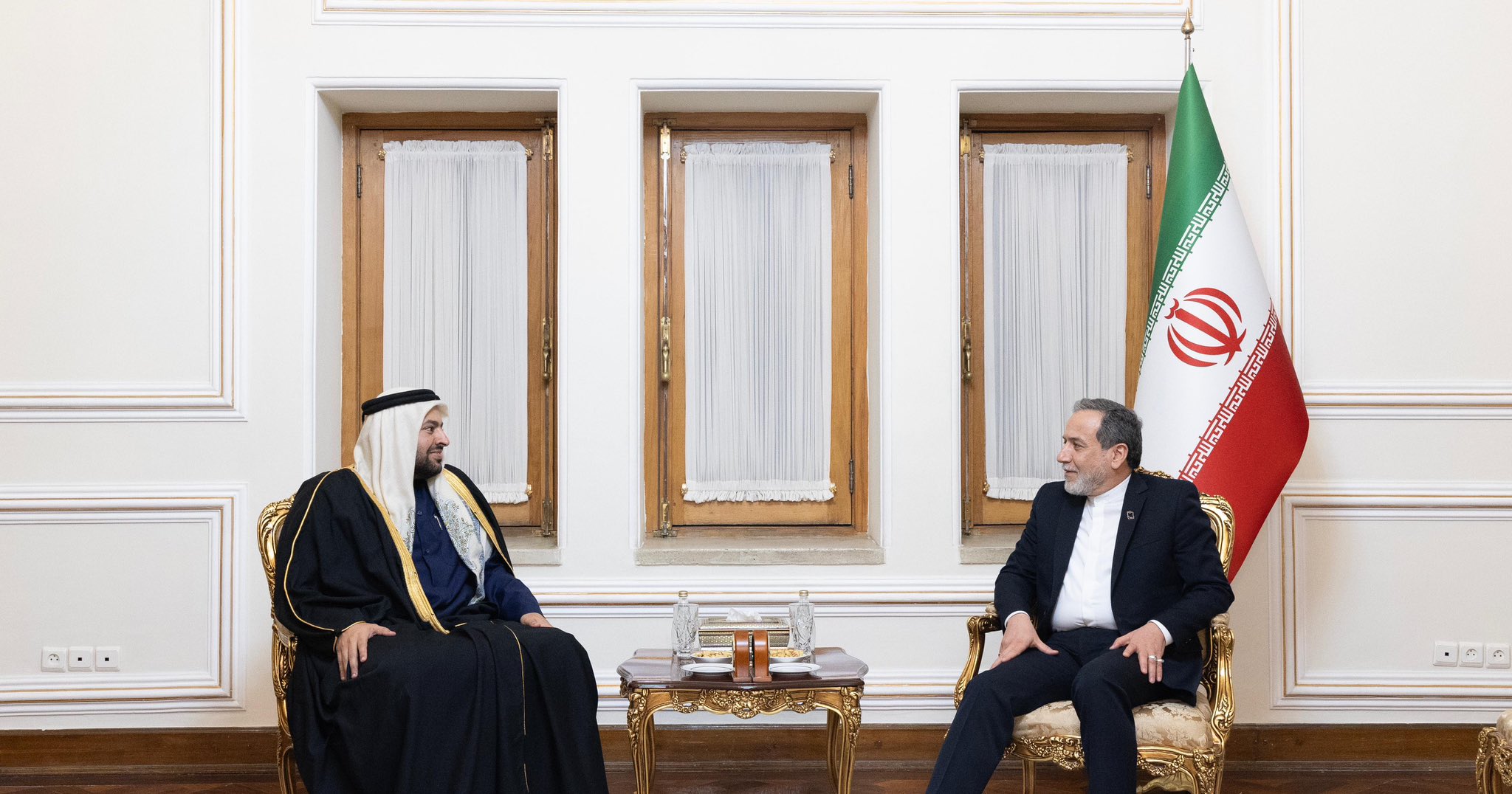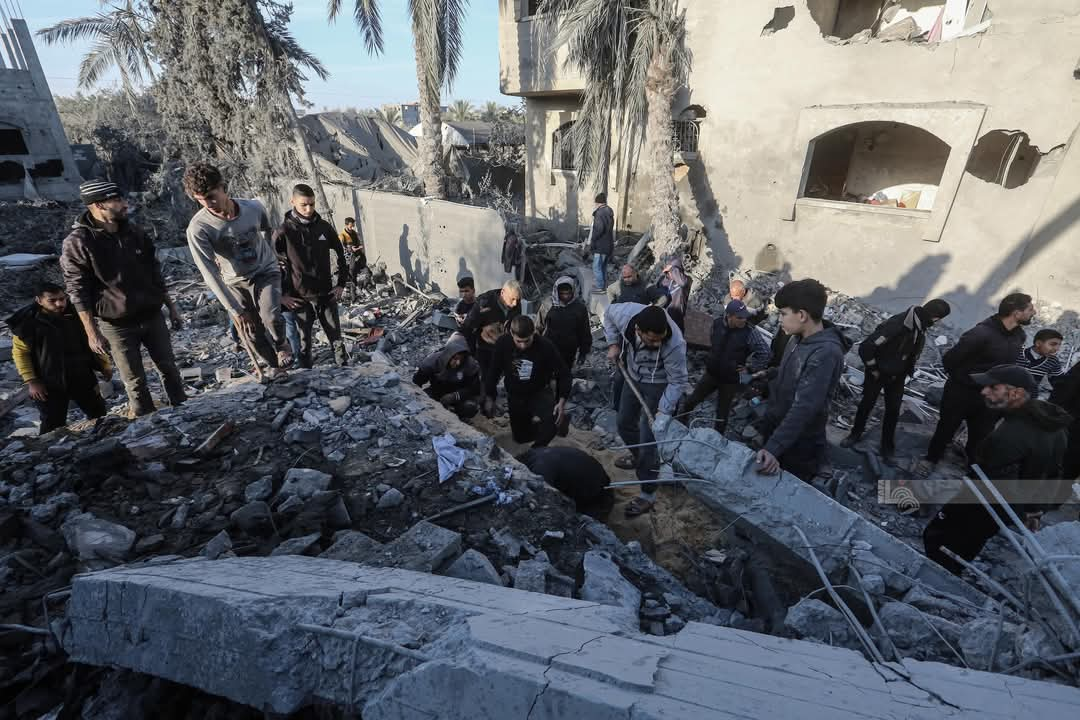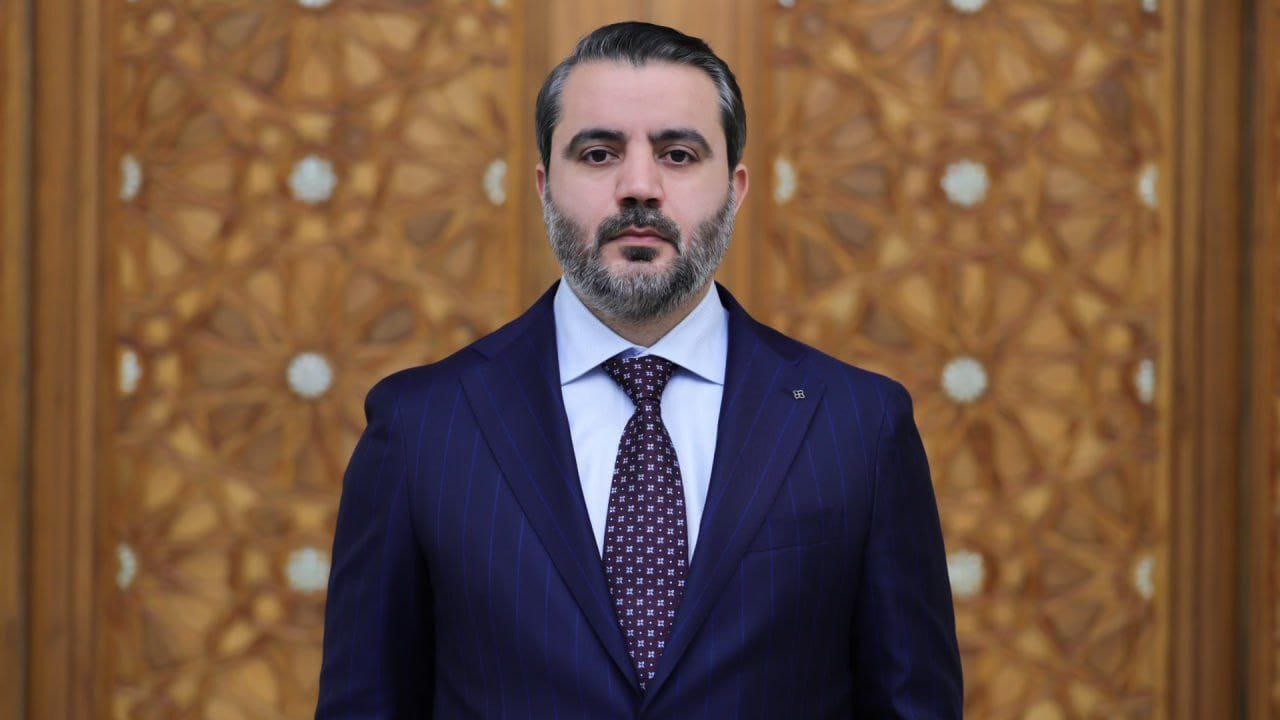
Qatar has maintained its position as the most peaceful state in the Middle East and North Africa, but an its overall position in the latest international rankings has fallen for the third year in a row.
According to the Global Peace Index 2015, Qatar came in 30th place out of a total of 162 countries in terms of peace and stability.
This is a drop of eight places from Qatar’s position last year, and is 18 spots lower than its ranking in 2011 and 2012, when the country was ranked 12th.
The annual report rates countries by examining 23 different indicators across three broad themes:
- The level of safety and security within a state’s society;
- The extent of domestic and international conflict; and
- The degree of militarization employed by the country.
Qatar’s ranking has been strong due to its relatively high levels of internal peace and stability, a position that hasn’t changed much since the Institute for Economics and Peace (IEP) started publishing its index eight years ago.
However, its overall ranking has dropped in part because of worsening conflicts in the Arab world, with MENA being reclassified this year as the “least peaceful (region),” according to the report.

South Asia previously held the title of the world’s most violent region. But the Middle East has overtaken it due to ongoing conflicts in countries including Syria and Libya, and increasing refugee issues.
Libya this year ranked as the most violent country globally and is at the bottom of the peace index.
Meanwhile, over the past year, there was a slight move toward greater world peace, with 81 states becoming more peaceful, while 78 were scored less peaceful.
However, the trend over the past eight years shows that the world has overall become slightly more violent, with 86 nations recording poorer scores and 76 countries improving their positions.
Out of the 19 MENA nations examined in the report, 13 of them became less peaceful, driven by the ongoing effects of the 2011 Arab Spring.
“A vicious cycle of violence is driving down peacefulness in the Middle East and North Africa,” the report states.
Qatar’s score
Qatar rated well on almost all of the indicators used to score countries, particularly violent crime, homicides, violent demonstrations and terrorism impact. The Gulf country was rated as least likely to suffer from these issues, scoring “1” on a scale of 1-5.

However, in the area of militarization, it scored 3.5 for security officers and police, and was given a rating of 4 for weapons imports.
Qatar’s fragile relationships with some of its Gulf neighbors over the past few years including the UAE, Saudi Arabia and Bahrain may have contributed to its lower score in this regard.
Still, though Qatar was among 10 countries highlighted in last year’s report as likely to deteriorate by 2016, this year’s rankings do not support that prediction.
Qatar was cited last year as an unusual case of an authoritarian regime with a high peace rating.
The ruling family’s focus on providing its national population with a high standard of living was given as one of the key reasons why Qatar is domestically stable.
However, it said the state’s low tolerance of dissent was another contributing factor in maintaining internal peace.
Global results
Iceland took the top spot in the index as being the world’s most peaceful country, followed by Denmark, then Austria, with New Zealand coming in fourth position and Switzerland fifth. The bottom three positions were held by Afghanistan, Iraq and Syria.
Kuwait followed Qatar as one of the region’s most peaceful nations, climbing four places to 33rd this year.
The UAE scored particularly poorly in terms of weapons imports, for which it was given a score of 5, and a heavy presence of security officers and police (4.5). Perceptions of criminality in the Emirates also scored higher than Qatar, with a score of 3.
The UK came in 39th position globally, while the USA took 94th place.
Libya is flagged as one of the countries showing the most significant deterioration in its peacefulness rating since last year’s index, dropping 13 places to rank 149th this year.
In addition to its ongoing internal strife, its poor relations with some of its neighboring countries – including Qatar – is cited as a significant factor in its drop in the index.
“Relations between the internationally recognised government in the east and Turkey, Qatar and Sudan have soured owing to their alleged material and logistical support of Islamist militias,” the report states.
You can read the full report here.
Thoughts?







